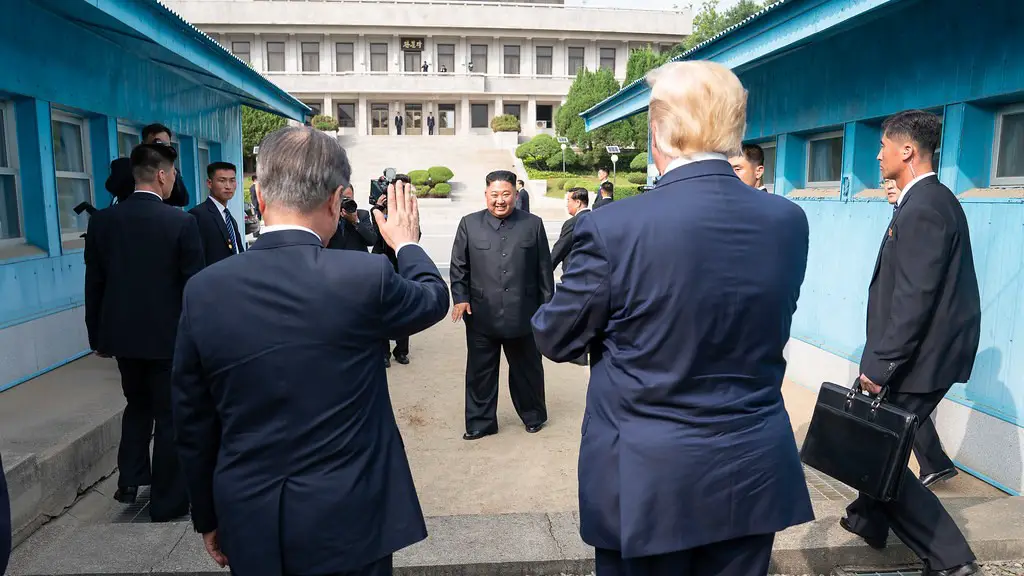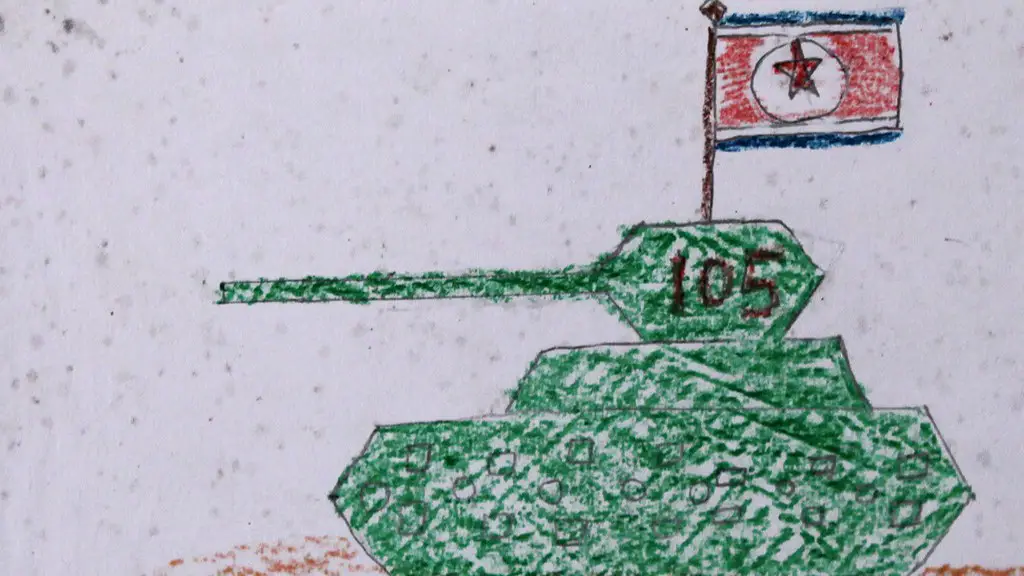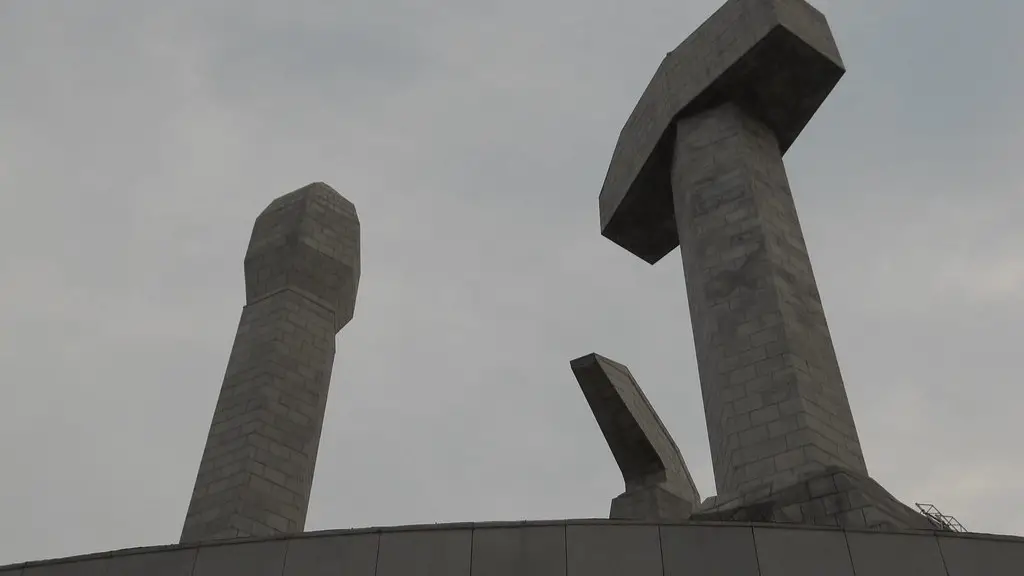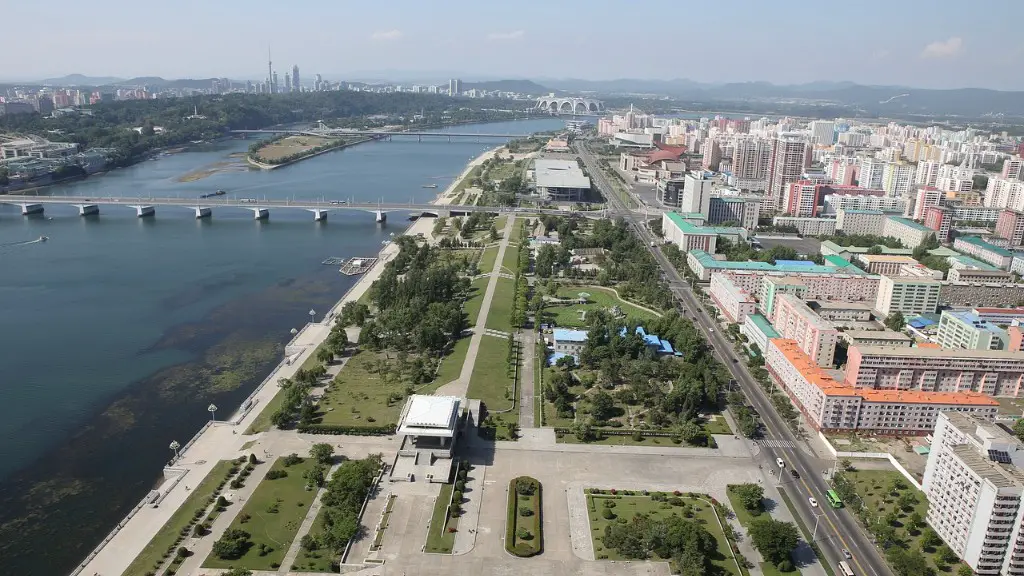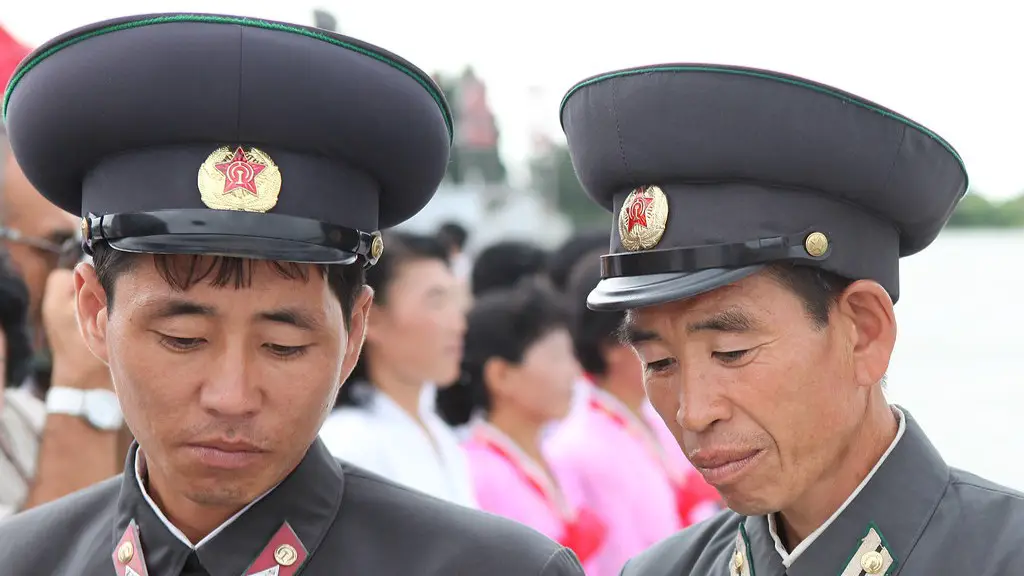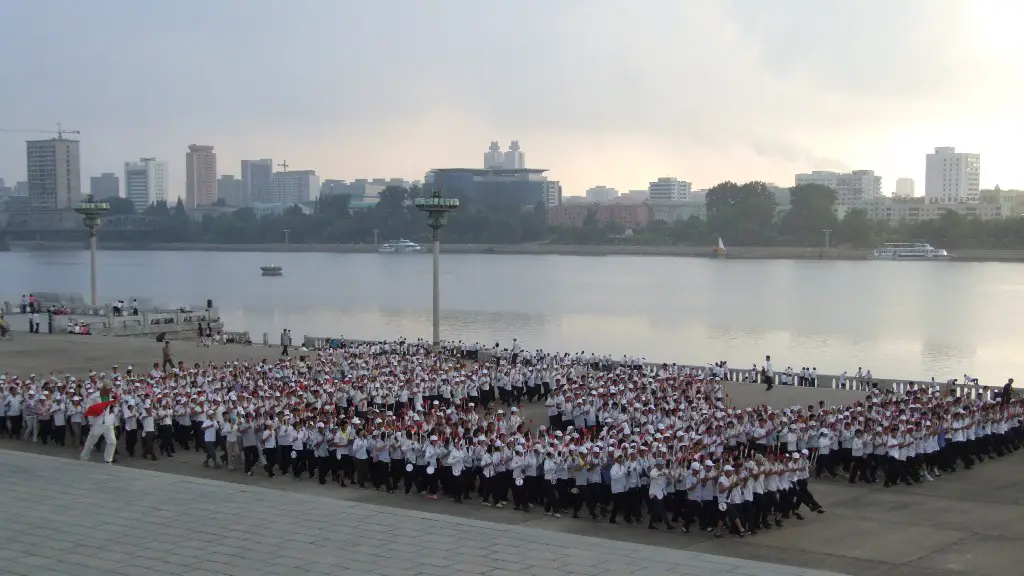The DPRK, or Democratic People’s Republic of Korea, is the official name of North Korea. The country is a single-party state under the rule of the Workers’ Party of Korea, and its founder, Kim Il-sung, is considered the “Eternal President.” North Korea is notorious for its human rights abuses, its nuclear program, and its isolation from the rest of the world.
The DPRK is the Democratic People’s Republic of Korea, which is the official name for North Korea.
What does DPRK mean in North Korea?
The Democratic People’s Republic of Korea (DPRK) is a highly centralised totalitarian state. The government controls all aspects of the economy and society, and there is little room for individual expression or dissent. The country is closed off from the rest of the world, and information about what is happening inside the country is tightly controlled. The ruling party, the Workers’ Party of Korea, controls all aspects of the government and society, and its leader, Kim Jong-un, is the supreme leader of the country.
Freedom of movement is a human right that is protected under international law. North Koreans are not able to freely travel around their own country or travel abroad, due to the strict controls on emigration and immigration. This deprives them of their right to freedom of movement and results in a number of human rights violations.
When did North Korea become the DPRK
The new Supreme People’s Assembly was elected in August 1948, and on 3 September a new constitution was promulgated The Democratic People’s Republic of Korea (DPRK) was proclaimed on 9 September, with Kim as Premier. Kim Il-sung was the leader of North Korea from its establishment in 1948 until his death in 1994. He held the posts of Prime Minister from 1948 to 1972 and President from 1972 to his death. He was also the leader of the Workers’ Party of Korea from 1949 to 1994. Under his leadership, North Korea became a communist state following the model of the Soviet Union.
The Democratic People’s Republic of Korea (DPRK) has a single-party system. The Workers’ Party of Korea (WPK, 조선로동당) is the ruling party. The WPK is the only party allowed to contest elections.
The Supreme People’s Assembly is the highest organ of state power. It elects the President, the Vice-Presidents and members of the State Affairs Commission. It also appoints the Premier, members of the Cabinet and provincial governors.
The SPA is elected for a five-year term. Deputies to the SPA are elected from electoral districts. There is one deputy for every 240,000 people.
The Provincial People’s Assemblies are responsible for local administration. Deputies to the PPA are elected from local districts.
Elections in the DPRK are held every five years. Candidates for the Supreme People’s Assembly are nominated by primary elections within their electoral districts. Candidates for the Provincial People’s Assemblies are nominated by the Workers’ Party of Korea branches at the provincial level.
Voting is done by secret ballot and is compulsory for all citizens aged 17 and over.
What is not allowed in North Korea?
If you are planning to visit North Korea, it is important to be aware of the country’s strict laws about what you can bring into the country. It is illegal to bring in religious, pornographic or political items, and all published material and electronic devices must be declared when you arrive. It is also illegal to knowingly or unknowingly possess items that breach North Korean law.
US nationals are advised not to travel to North Korea due to the serious risk of arrest and long-term detention. Exercise increased caution if you must travel to North Korea due to the critical threat of wrongful detention.
How does North Korea treat their citizens?
Some significant human rights issues in North Korea include unlawful or arbitrary killings by the government, forced disappearances, torture, and cruel, inhuman, and degrading treatment and punishment by government authorities. Others include harsh and life-threatening prison conditions, including in political prison camps, and arbitrary detention.
The North Korean telephone system is adequate, with 118 million fixed lines available in 2008. However, most phones are only installed for senior government officials. Someone wanting a phone installed must fill out a form indicating their rank, why they want a phone, and how they will pay for it.
Can you get married in North Korea
Recently, the wedding culture in North Korea has significantly changed. With the construction of many new wedding restaurants in Pyongyang, wedding ceremonies are now commonly held in public places such as restaurants or hotels, rather than at home. Weddings are usually held on Sundays and other public holidays.
China and North Korea have a special relationship and are often considered allies. They have a mutual aid and co-operation treaty, which is currently the only defense treaty either country has with any nation. This treaty requires each side to assist the other if either is attacked by a third party.
Can North Korean citizens travel?
Yes, North Koreans are allowed to travel abroad, but only with the necessary permission. This permission is typically only granted to those who are involved in the country’s diplomacy or trade.
It is believed that most North Koreans do not have the freedom to choose their own occupation because job assignments follow the state’s central economic plan. It is believed that this is due to the lack of individual talents or wishes.
Is alcohol legal in North Korea
There is no shortage of booze in North Korea and no limit on consumption. It could even be considered a national pastime – much like life in South Korea, China and much of East Asia.
Smoking is considered a normal activity for men in North Korea, but it has become a social taboo for women. All of North Korea’s three leaders—Kim Jong-un, his father Kim Jong-il and grandfather Kim Il-sung—have been smokers.
What is the main religion in North Korea?
Though North Korea is officially an atheist state, there are some religious beliefs and practices that exist within the country. The two main Korean religions are Shamanism and Chondoism, though Christianity and Buddhism are also practiced to some extent. It is believed that the majority of North Koreans adhere to at least some form of religion, though the exact numbers are unknown.
The North Korean government has placed a ban on all sorts of birth control measures, making it next to impossible for women to get their hands on condoms. Sanitary pads and tampons are also not readily available in the country, and women are instead expected to use old-school reusable pads. This can be quite a hassle, as they must be washed after each use.
Final Words
The DPRK is the Democratic People’s Republic of Korea, which is the official name for North Korea.
The Democratic People’s Republic of Korea, or North Korea, is a country in East Asia, occupying the northern half of the Korean Peninsula. It is bordered by China to the north, and by South Korea to the south. The capital and largest city is Pyongyang. The history of North Korea began with the partition of Korea at the end of World War II in 1945. North Korea occupies a total area of 120,540 square kilometers and has a population of 25.4 million.
